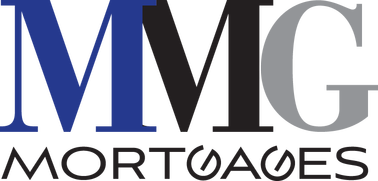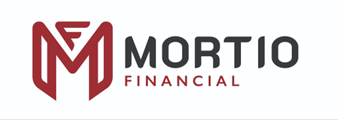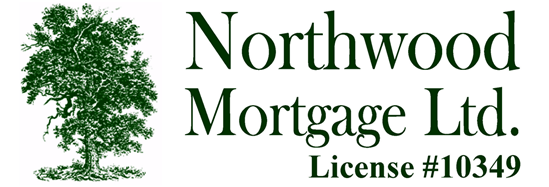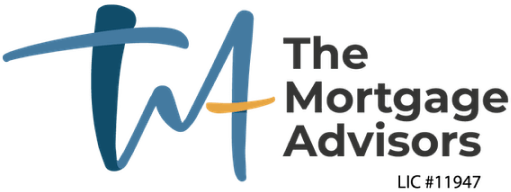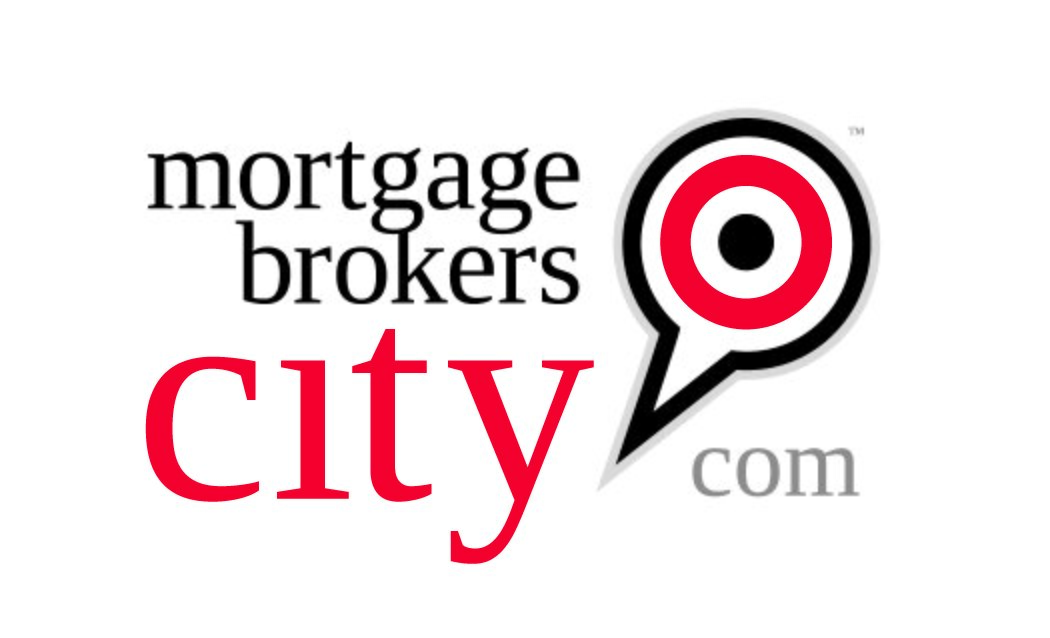Compare the Best Mortgage Renewal Rates
Comparing mortgage rates with RATESDOTCA could save you up to $11,944 over 5 years.*
Compare mortgage renewal rates from top Canadian lenders



Today's Best Mortgage Rates in Canada
Evaluate Canada’s best mortgage rates in one place. You can compare the most current mortgage rates and monthly payments from 175+ banks and lenders across Canada.
Rates are based on an average mortgage of $500,000 and subject to change based on filter criteria.
| Lender
|
Insured
|
Insurable
|
Uninsured
|
|---|---|---|---|
|
MMG Mortgages
|
3.99%
$2,627.39 / month
|
4.19%
$2,681.85 / month
|
4.14%
$2,668.19 / month
|
|
Mortio Financial Corp
|
3.99%
$2,627.39 / month
|
4.24%
$2,695.56 / month
|
4.14%
$2,668.19 / month
|
|
Northwood Mortgage Ltd.
|
4.14%
$2,668.19 / month
|
4.24%
$2,695.56 / month
|
4.24%
$2,695.56 / month
|
|
Innovation Federal Credit Union
|
4.39%
$2,736.87 / month
|
4.39%
$2,736.87 / month
|
4.39%
$2,736.87 / month
|
|
True North Mortgage
|
2.99%
$2,363.66 / month
|
2.99%
$2,363.66 / month
|
2.99%
$2,363.66 / month
|
|
The Mortgage Advisors
|
3.87%
$2,594.98 / month
|
3.87%
$2,594.98 / month
|
3.87%
$2,594.98 / month
|
|
Nesto
|
3.91%
$2,605.76 / month
|
3.91%
$2,605.76 / month
|
3.91%
$2,605.76 / month
|
|
MortgagestoGo
|
3.94%
$2,613.86 / month
|
3.94%
$2,613.86 / month
|
3.94%
$2,613.86 / month
|
|
Hypotheca
|
3.94%
$2,613.86 / month
|
3.94%
$2,613.86 / month
|
3.94%
$2,613.86 / month
|
|
One Link Mortgage & Financial
|
3.95%
$2,616.57 / month
|
3.95%
$2,616.57 / month
|
3.95%
$2,616.57 / month
|
|
Mainstreet Credit Union
|
3.99%
$2,627.39 / month
|
3.99%
$2,627.39 / month
|
3.99%
$2,627.39 / month
|
|
The Police Credit Union
|
3.99%
$2,627.39 / month
|
3.99%
$2,627.39 / month
|
3.99%
$2,627.39 / month
|
|
Monster Mortgage
|
3.99%
$2,627.39 / month
|
3.99%
$2,627.39 / month
|
3.99%
$2,627.39 / month
|
|
Northern Birch Credit Union
|
3.99%
$2,627.39 / month
|
3.99%
$2,627.39 / month
|
3.99%
$2,627.39 / month
|
|
City Wide Financial Corp
|
3.99%
$2,627.39 / month
|
3.99%
$2,627.39 / month
|
3.99%
$2,627.39 / month
|
|
Sudbury Credit Union
|
3.99%
$2,627.39 / month
|
3.99%
$2,627.39 / month
|
3.99%
$2,627.39 / month
|
|
East Coast Mortgage Brokers
|
4%
$2,630.10 / month
|
4%
$2,630.10 / month
|
4%
$2,630.10 / month
|
|
Prospera Credit Union
|
4.04%
$2,640.95 / month
|
4.04%
$2,640.95 / month
|
4.04%
$2,640.95 / month
|
|
Mortgage Brokers City Inc
|
4.04%
$2,640.95 / month
|
4.04%
$2,640.95 / month
|
4.04%
$2,640.95 / month
|
|
First Credit Union
|
4.29%
$2,709.29 / month
|
4.29%
$2,709.29 / month
|
4.29%
$2,709.29 / month
|
|
First National Financial
|
4.34%
$2,723.07 / month
|
4.34%
$2,723.07 / month
|
4.34%
$2,723.07 / month
|
What is a mortgage renewal?
Both fixed and variable mortgages have term limits. With a fixed term mortgage, the interest rate remains the same until that term is up. With a variable rate, the rate can fluctuate depending on overnight bank rates. Either way, upon completion of the term you can choose to renew your mortgage. Essentially, that means staying with your current lender for a new term.
When renewing your mortgage, you can re-negotiate the interest rate on your new term, and you will not need to re-apply (as you did when you were first starting out). Refinancing, on the other hand, involves paying out an existing mortgage pay-out to allow for renegotiation of a new contract.
How to renew your mortgage in Canada
Many banks start the mortgage renewal process as much as six months prior to the maturity of the mortgage. This is a great time to do research and shop around to see what is available. New products may be offered by your lender, or perhaps it is time to consider variable mortgage rates if you are a fixed client, and vice versa if you are a variable rate mortgage client. If you are happy with the new terms and rates being offered to you, you can simply sign back the renewal letter you receive from your lender and start the new term.
How do I calculate my mortgage renewal scenarios?
When calculating your mortgage renewal, you will need to know five pieces of information. You can start by using the RATESDOTCA renewal calculator and inputting:
- Mortgage Amount – At the time of renewal the mortgage amount refers to the balance left on your loan from the bank.
- Amortization – This is the amount of time you will repay the remainder of your mortgage.
- Mortgage Rate – This is the new interest rate you will be paying your on mortgage amount.
- Payment Frequency – How often payments will be made to your lender.
- Total Monthly Mortgage Payment – The total amount you will be paying down your mortgage each month.
The best mortgage renewal tips
The best advantage you have when renewing your current mortgage rate is having time. Because your lender notifies you months in advance of your renewal date, you will have the luxury to:
Consider your Financial Goals
- How fast do you want to pay off your mortgage?
- What is your plan if you lose income?
- Do you want to add a lump sum to your mortgage payment?
- How fast do you want to be mortgage free?
- Do you want to do other things first like renovations or repairs?
What are your Circumstances
- Ask yourself if your income or finances have changed?
- Do you have a greater (or lower) tolerance for risk?
- Are you getting married or starting a family?
- Do you have other large expenses like tuition or car payments?
Research
- Look into your mortgage renewal options.
- Consider new products or financing arrangements.
- Renegotiate mortgage terms.
- Do you want to change the payment frequency?
- Do you want to switch from fixed to variable of the other way around?
*Based on the difference between estimated deep-discount 5-year fixed rates from Canada's top six banks and the lowest comparable rates on RATESDOTCA, as of January 14, 2022
Frequently asked questions about mortgage renewals in Canada
Have more questions about mortgage renewals. We have answers.
How can I find the best mortgage renewal rate?
Comparison shopping is a great way to find the best mortgage renewal rates. We, at RATESDOTCA, can provide you with the latest mortgage rates from the top providers in your area. Just a few bits of information about your needs and we’ll do the rest.
It can also help to talk to your current lender or seek out information from a mortgage broker. It should be noted that the lowest default-insured rates come from brokers, while the lowest uninsured rates come from banks.
What credit score is required for a mortgage renewal Canada?
Lenders will want to know your credit score upon mortgage renewal time. A drastic change, up or down, can affect the type of rate you receive and who would be willing to lend you the money.
Generally, the minimum score lenders look for is 650. If your credit score falls around this number, you should have access to all mortgage rates available on the market. Anything above 680 is considered a solid score.
Will my mortgage automatically renew at the end of my term?
In many cases, banks will renew your mortgage automatically. When your mortgage term approaches the end, your mortgage lender will typically offer you renewal terms that you may choose to accept, negotiate, or decline.
Be wary of your renewal date and give yourself time to do the research necessary to negotiate and secure the best possible Canadian mortgage renewal rate.



